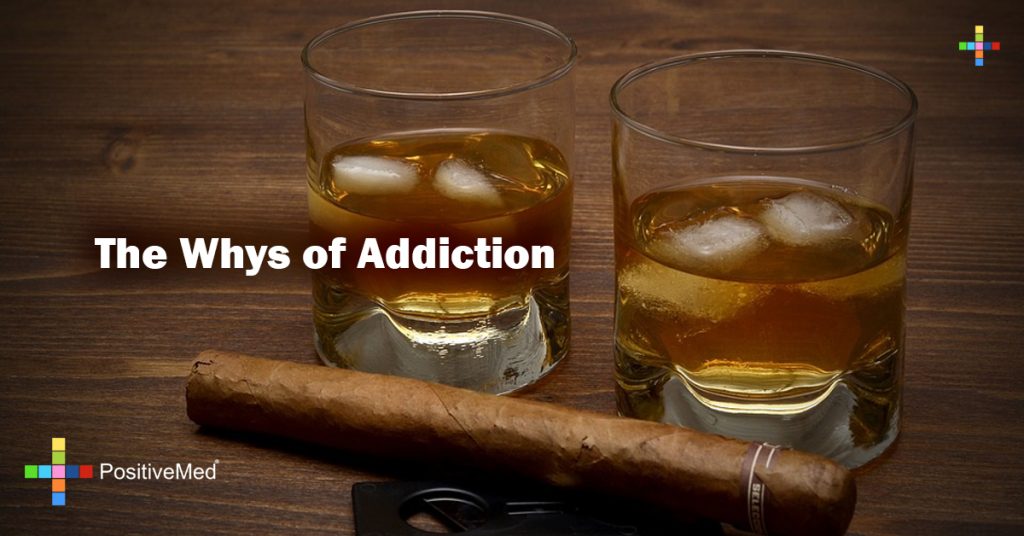
By Johnny Patout
Early on in my nearly 30 years in the treatment business I developed a significant interest in trying to help others understand the whys of addiction: Why can’t addicts see they are destroying their lives with alcohol and drugs? Why can’t they see they are hurting those they love? Why don’t they like the way they feel when they’re not using? Addressing these questions in a teen drug treatment setting requires us to examine the hidden dynamics of addiction.
It’s helpful in teen rehab to start with the disease concept. The World Health Organization declared alcoholism a disease in 1951. The American Medical Association declared alcoholism as a treatable disease in 1956, stating it met the five criteria to be classified as such: a pattern of symptoms, chronic in nature, progressive in nature, subject to relapse, and treatability. And we certainly know that addiction, if left untreated, can be fatal.

Quite often I have observed when someone hears “addiction is a disease,” they interpret this to mean that drinking or using drugs is a disease. Not so. Drinking is drinking and drug use is drug use. These are but symptoms of the disease. The disease itself is much more complex than simply drinking or using drugs.
The word disease is interesting. Broken down it simply means to be without comfort. How appropriate. All alcoholics and drug addicts are “without comfort” in their world – not comfortable in their own skins. This may surprise some people, as they have observed some alcoholics, who, on the surface seem to be confident, self-assured, the life of the party, and quite comfortable in their own skin.
Guidance comes from a song lyric
A near-perfect description of the hidden dynamics of addiction — an image presented to the public that is in conflict with inner turmoil – is contained in “Tears of a Clown,” the 1970 song by Smokey Robinson & the Miracles. Here are excerpts from the lyrics:
Now if there’s a smile on my face
It’s only there trying to fool the public
But don’t let my glad expression
Give you the wrong impression
Really I’m sad, oh I’m sadder than sad
Now there’s some sad things known to man
But ain’t too much sadder than
The tears of a clown
When there’s no one around
Granted, many people experience a lack of self-confidence and feel as though they are not “good enough,” but do not become addicts. Many experts in this field believe that for the addict, these feeling are felt more intensely. In his book, Not God: The History of Alcoholics Anonymous, Ernie Kurtz has what I think is an eye opening statement: “Addicts simply have a hard time accepting the limitation of being human.” While many may feel limited at times in some regards, for the addict, this is simply difficult to accept.
While it sounds irrational, when it comes to feeling a lack of confidence, being self-conscience, feeling as though they are not as good as others, feeling as though “others would not like me if they knew my inner-most thoughts and feelings,” addicts have a difficult time accepting these human limitations. As I mentioned, certainly everyone feels these things at times, but for the addict these are felt more intensely. The addict thinks these thoughts and feeling “should not be” and asks, “What’s wrong with me?”
Not pressure, but self-esteem and self-confidence
Far too often parents feel guilty that they may have done something wrong to trigger their child’s excessive drinking or drug use. A spouse wonders what he or she could have done to cause this. News reporters speculate about the cause of addiction for a famous actor or sports star, often attributing his or her addiction to the “pressure they must be under.” All hog wash, in my opinion.
I think the hidden dynamics of addiction for most addicts are quite the same as they are for me. I grew up in a wonderful environment with loving parents and terrific siblings. From early on, I excelled at most things I attempted. I was an excellent student, and beginning at age 8 entered the world of organized sports. Immediately, it was evident that I had an abundance of natural talent, and was much more proficient than my peers. However, I also had persistent inner thoughts and feelings that fostered a lack of self-esteem and self-confidence.
Just imagine going through life feeling self-conscience, not as good as others, not feeling worthy of the accolades being showered upon you, uncomfortable in a social setting, and worried about being “found out.” Then you stumble upon a magical potion — a mood-altering chemical — that eliminates all the inner turmoil, one that helps align your public self with you inner self. This is something you will not likely forget, something that will become important to you, and something you will pursue in the future.
Remember Smokey Robinson:
I try to keep my surface hid
Smiling in the public eye
But in my lonely room, I cry
The tears of a clown
When there’s no one around.
 Johnny Patout is CEO of New Beginnings Recovery Center in Opelousas, La and has been working in the field of addiction for nearly three decades. He earned his graduate degree from Louisiana State University and is a Licensed Clinical Social Worker. Over the years, Johnny has provided training for substance abuse counselors and is a sought-after public speaker. Himself a recovering drug addict, Johnny draws on his education, training, and past experiences to help other addicts toward recovery.
Johnny Patout is CEO of New Beginnings Recovery Center in Opelousas, La and has been working in the field of addiction for nearly three decades. He earned his graduate degree from Louisiana State University and is a Licensed Clinical Social Worker. Over the years, Johnny has provided training for substance abuse counselors and is a sought-after public speaker. Himself a recovering drug addict, Johnny draws on his education, training, and past experiences to help other addicts toward recovery.






